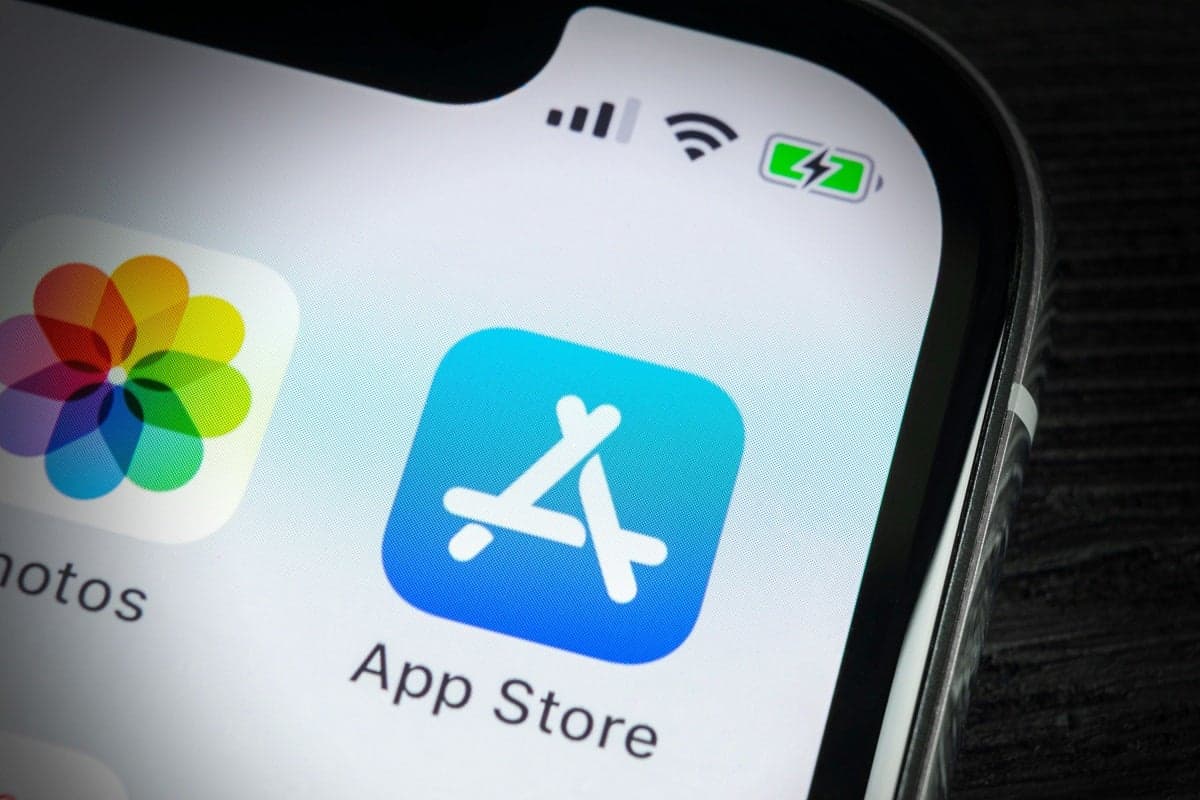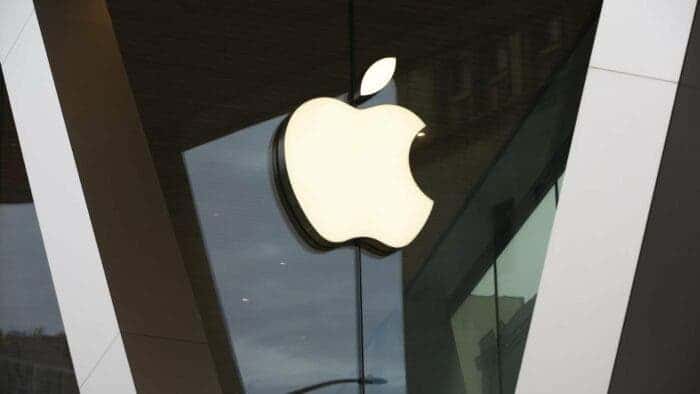If you read tech news regularly, you know what the “Apple tax” is. This is the commission that the firm receives when a purchase is made on the App Store or in an application distributed on the App Store. This commission reaches 30% of the amount paid by the consumer, except for “small developers”, taxed at 15%, and a few special cases: content providers such as Spotify or Netflix, as well as companies such as Uber or McDonald’s, these are exempt.
For a year, a vast legal battle separated Epic Games and Apple around the Apple commission. The first has integrated an alternative payment method into its Fortnite game. This did not please Apple, which removed the application from the App Store. It ended up in court with a judgment that was not in favor of Apple. But Epic’s victory is not for all developers. Others are still subject to Apple tax.
App Store: an American state wants to end Apple tax on in-app purchases

Gizchina News of the week
And this bothers certain American states, such as Florida, Georgia, Massachusetts, New York and Illinois. The latter state has filed a lawsuit to force Apple to allow local developers to use an alternate payment method for App Store purchases and in-app purchases. According to the senators who support this project, the Apple commission represents a shortfall for the local community, since their turnover is reduced by 30% (reducing the taxes they pay). The senators also believe that the money taken by Apple weakens certain branches of activity; in particular the press which has suffered considerably since the audience has gone digital.
This project originated in a legal dispute between Apple and Basecamp; an Illinois developer who created the professional email app called Hey. This was rejected by the App Store because it did not want to pay Apple’s tax on subscriptions to its service. Result, when the application launches, it displays a screen with login and password, without redirection to a means of payment. Hey invited users to create an account on the official site and pay for their subscriptions. Apple, suspecting the deception, forced Basecamp to create free access.
Senator Sara Feigenholtz (D – Chicago) wants that tax revenue to go back to Illinois. “As we try to modernize our revenue base, we as a state must tap into lost revenues,” Feigenholtz said. “We need to keep big tech in check.” In 2021, Apple and Google reported $110 billion in revenue from their app stores. Estimating that Illinois provides 1% of app sales nationwide, Illinois lost out on $1 billion in tax revenue, Feigenholtz said.





